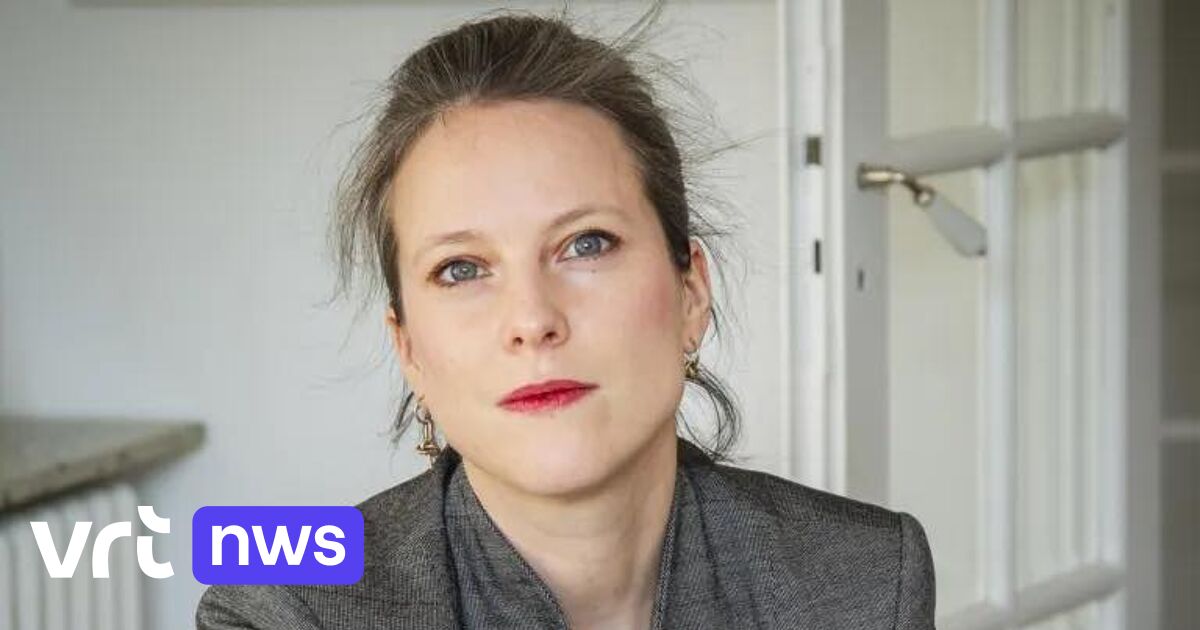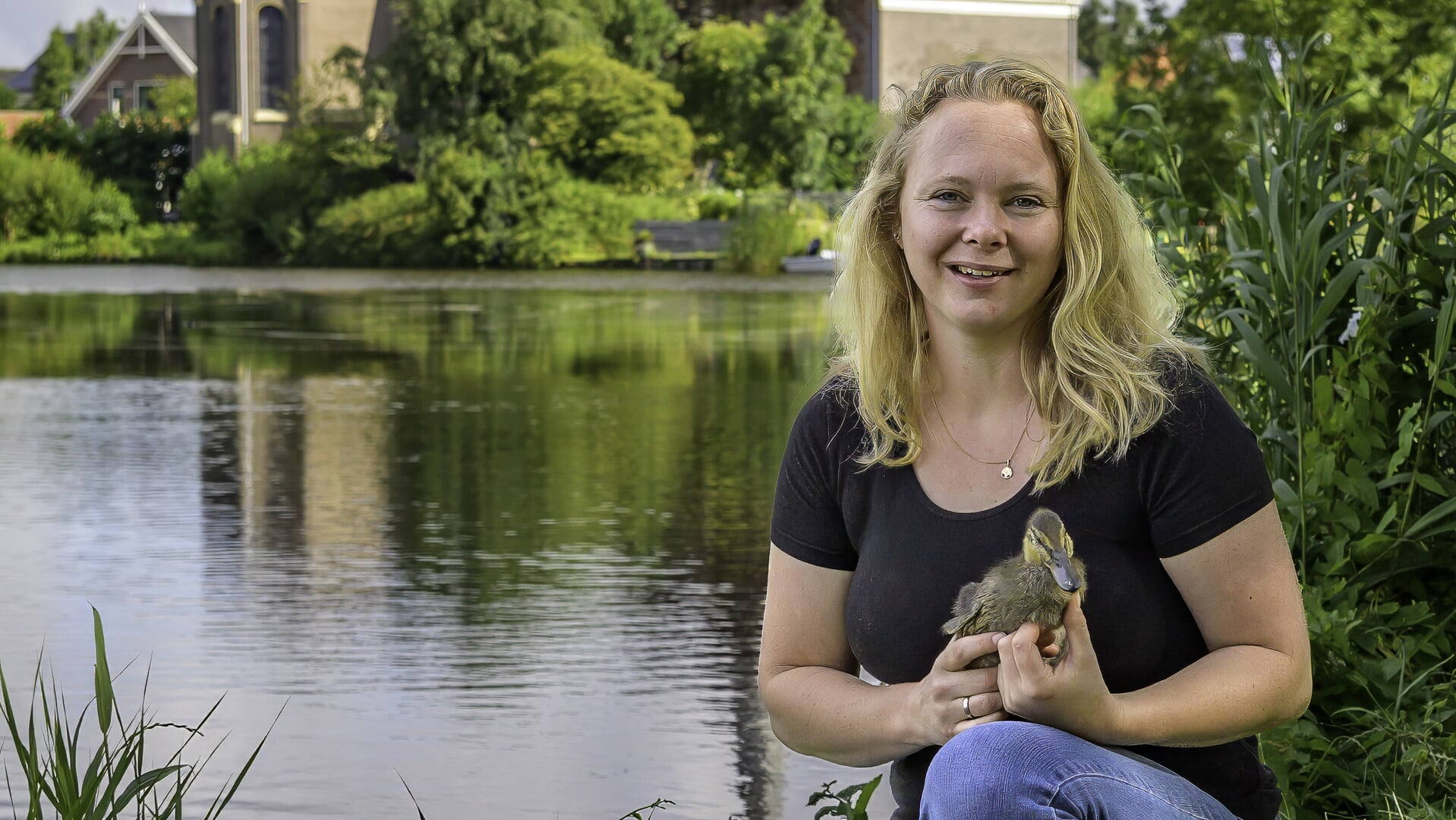Elisabeth-TweeSteden Hospital (ETZ) will soon start using a new app for patients with a brain tumor: the Goings-On app. In this app, patients can indicate and track what is important to them in daily life. Research into the use of the app has been conducted since July 2022. Since the first experiences of patients and practitioners were positive, the app will now also be used in clinical practice.
Patients’ goals are rarely discussed in consultations. Instead, people often talk quickly about methods, for example: chemotherapy or radiotherapy? In order to arrive at a treatment choice that suits not only the tumor but also the patient’s personal situation, an understanding of the patient’s goals is needed.
Personal goals and symptoms
In the Goings-On app Patients can enter personal goals and thus indicate exactly what they find important in daily life. This relates, for example, to the hobbies that interest them or the social roles they play. Additionally, patients can use the app to track their symptoms and progress toward their goals on a daily basis. This can be done in about one minute a day.
The application has been integrated into care in the neurosurgical and neurosurgical outpatient clinic, and in the neurosurgical department during hospital admission. The focus is on the beginning of the treatment process, during which many important choices are made.
Patients are more active and more prepared
Using the app, patients are more actively involved in the treatment decision-making process almost immediately after diagnosis. Practitioners can see what patients enter into the app via the electronic patient file (EPD). This way they can get to know the patient better at a glance and focus the conversation more on that patient.
According to Iris Brass, a doctoral researcher at ETZ, that’s what it’s all about. “Really coming to a decision together, that’s what it’s all about. This way, patients are recognized as experts in their lives and a conversation can be had about the impact of treatment on the patient’s life. By completing the application, patients also come to the appointment with their practitioner better prepared.” “If someone asked you what is most important to you in life, you would probably think about it for a moment. It’s a basic question, but it’s not easy to answer right away.
Doctors and patients are positive
It is also good for practitioners if patients are better prepared. Bras: “We evaluated the app with practitioners and they found the app very interesting. They want to know what is important to the patient. Thanks to the link with the EPD department, each patient receives structured attention to what the patient finds important. The practitioner can then immediately focus on what matters most Importance for the patient.
Patients are also positive about using the Goings-On app. “We hear from a number of patients that they enjoy taking a moment to reflect on what they find important every day.”
research
In her doctoral research on the Goings-On app, Brass is currently investigating the impact of app use on shared decision-making. The research is part of the ZonMw Top Specialist Care and Research (TZO) programme, which aims to personalize the care pathway for patients with a brain tumour. The research is being conducted in collaboration with the Department of Cognitive Neuropsychology at Tilburg University. The results of the study are expected to appear at the end of 2024.
Concern about the personal situation
More and more attention is paid to the effect of treatment on the patient’s personal condition. For example, at the end of March, the Meander Medical Center in Amersfoort started a pilot project in which immunotherapy is delivered at home. Fifteen patients with lung cancer receive infusional immunotherapy at home through specialized home care. This means they no longer have to go to the hospital. They receive only the first treatment in the day oncology unit. This increases the quality of life for patients, because treatment is less stressful and disruptive.

“Total coffee specialist. Hardcore reader. Incurable music scholar. Web guru. Freelance troublemaker. Problem solver. Travel trailblazer.”







More Stories
Elbendamers in the Sun: What a Wonderful Little Village
European Space Agency – Space for Kids
This is how to protect your eyes in the summer, according to an ophthalmologist